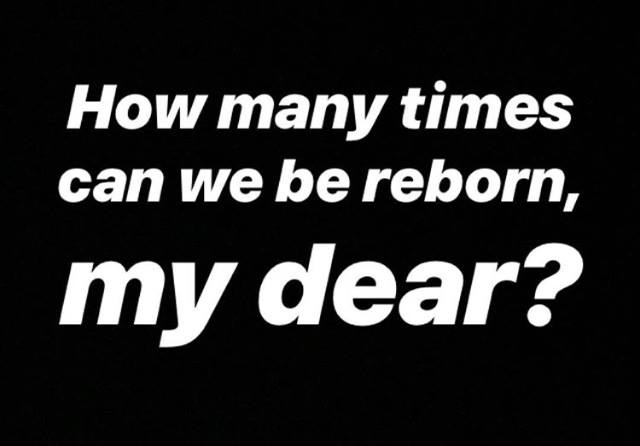Η CURRENT Athens είναι μία πλατφόρμα μη ιεραρχικής προώθησης της σύγχρονης τέχνης.
What are the exigencies and expectations we project on today's available instruments to reach our own nirvanas, our earthly paradises? Why are we still so individualist despite the existence of communities to feel healthy and holy in? When and how did spirituality get commodified? Why is it never enough, and why are we still stuck in our own self-imposed purgatories, appropriating costumes of redemption, of transcendence, yet missing the chance to escape the eschaton? How to heal ourselves and everyone else, too? Are we actually as sick as we are told we should feel?
Are we living an illusion—or forgetting other possibilities?
For Salotto I (A public conversation behind close doors), her first event within the context of At the Foyer of Purgatory, Matilde Cerruti Quara will host a salon in conversation with selected speakers (to be announced in the next days). Reasoning on the contemporary urge for catharsis and healing, nowadays spirituality and how it might be influenced by the current political and financial scenarios rather than the inescapability of being human, everyone is invited to join and discuss their opinions, amidst meta-monasteries, extreme nightlife, occult shops, hippie capitalism and the magic of nature.
"Originating from the German-Longboard sala, meaning a spacious, covered environment—already suggesting a certain intimacy—I look at the salotto as a medium. A set-up gathering, a choreographed excuse for conviviality and mundanity, an occasion for hosting an intellectual exchange, where discussions unfold and decisions are taken, liaisons and alliances are thread, costumes exhibited, our minds further working their magic by symbols and intuitive associations. In 1944, World War II still on, Jean Paul Sartre produced a beautiful existentialist play titled Huis Clos (or No Exit), envisioning hell as a sumptuous living room as well as a perfectly efficient economy of man-power (or devil-power, as you prefer), where the three main characters become each other’s executors, being forced in conversation to mirror their own inner reflections. “The same idea as in the cafeteria, where customers serve themselves.” Amidst the living, I perceive such salotto as a rather heavenly possibility… "

